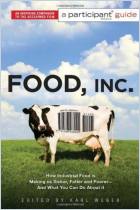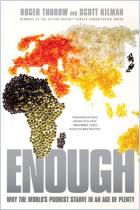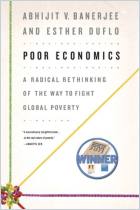America’s emergency food system was meant to be a temporary fix to food insecurity. Over time, however, this “Band-Aid” approach to hunger has become entrenched — and exacerbated the very issue it aims to help, says food security expert Andrew Fisher. Fighting the root causes of hunger often goes against the interests of those in power within anti-hunger organizations, many of whom have affiliations to Fortune 500 companies, he explains. Fisher calls on anti-hunger groups to challenge the broken status quo and push for radical economic and political reform and local, sustainable food systems.
Anti-hunger agencies are neglecting hunger’s root causes and failing to make systemic change.
The United States faces more income inequality today than it has since the late 1800s, and those living in poverty face food insecurity. Anti-hunger groups tend to focus primarily on raising funds to increase the amount of food available to give to those in need — and, thus, on growing the “hunger industrial complex.” Rather than empowering people to feed themselves and tackling systemic issues, such as pushing for a livable minimum wage, these groups assume those suffering from food insecurity lack the capacity for self-sufficiency and praise the very corporate entities who lobby against worker rights for their charitable donations. It’s time for the anti-hunger movement to start tackling the root causes of hunger, including income inequality; misogyny; high costs of living; domestic violence; racism; and broader sociopolitical issues, such as a lack of democratic processes and human rights protections.
Truly combating hunger requires a thorough remaking of the social movement to end hunger. Anti-hunger groups should...
Andrew Fisher has been a leader in the sustainable food movement since the mid-1990s. He co-founded the Community Food Security Coalition, an organization working to create sustainable food systems on a local and regional level.























Comment on this summary